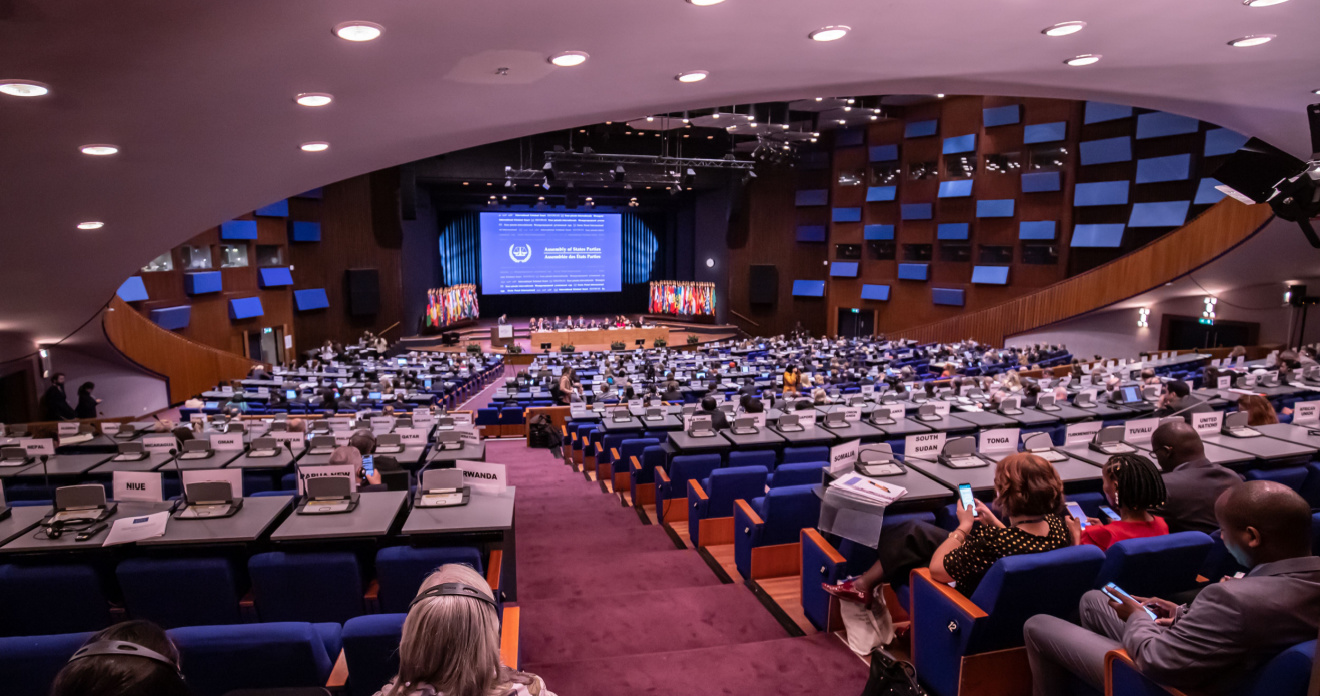What you need to know about private Financial Dispute Resolution hearings

What is a private FDR hearing?
A private Financial Dispute Resolution (FDR) hearing is where the parties opt out of the court system and hire a Judge on a private basis for the FDR part of their case. The Judge will hear submissions from the legal representatives of each of the parties and then give an indication on the likely outcome of the case is if it proceeds to a Final Hearing.
What is the difference between a private FDR and a Court FDR hearing?
Broadly, the same things will happen at a private and Court based FDR hearing.
The main differences of a private FDR are that:
- parties choose the Judge;
- parties pay the Judge’s fees;
- parties choose the date;
- the hearing does not take place in a court building (usually it will be held in the Judge’s chambers).
What can you expect at a private FDR hearing?
You will start the day by arriving at the venue and meeting your barrister and solicitor. You will have a private meeting with them to discuss the case and ask any questions you might have.
When everyone is ready the hearing before the Judge will commence. The Applicant’s barrister will outline his/her client’s case, followed by the Respondent’s barrister. The Judge will often ask questions or seek clarification on particular points and/or request further information.
Following this, the Judge will retire and take some time to consider the case and prepare their indication.
Once the Judge is ready, everyone will return to the hearing room and the Judge will give their indication . The parties then return to their separate rooms with their legal teams to discuss the indication.
One or both parties may then decide to make a revised offer of settlement. This is usually done in writing between the barristers. Negotiations will then continue throughout the remainder of the day until either settlement terms are agreed or it looks as though no further progress will be made.
All negotiations at the private FDR are “Without Prejudice” (which means that they cannot be referred to in any subsequent court proceedings) as they would be at a Court based FDR.
What happens after a private FDR?
What happens if an agreement is reached at a private FDR?
If an agreement is reached at the private FDR, it will be formalised in writing and signed by both parties either as Heads of Agreement or a draft Consent Order.
What happens if an agreement is not reached at a private FDR?
If an agreement is not reached at the private FDR, parties can continue to negotiate through their solicitors after the private FDR.
If, following this, an agreement cannot be reached, the case will return to the Court system for directions and a Final Hearing following which a Judge will make a legally binding order.
What are the benefits of a private FDR hearing?
-
Control
Parties have more control over the FDR hearing enabling them to choose the Judge, date and location. At a Court based FDR, parties have no say in these issues.
-
Speed
Parties are likely to agree a private FDR date much earlier than the date they are given for a Court FDR which in many cases can take several months.
-
Specialist Judge
Whilst you have to pay for the Judge, you can be certain that they are a specialist in the area and will have read all of the papers in advance. Judges at a Court based FDR will not necessarily be family finance specialists and are often extremely busy with little or no time to read the papers in detail.
-
Judge Availability
A private Judge will devote the whole day to the FDR and will be available to be called upon for guidance as and when the parties require. A Court based Judge is likely to have a busy list and will have a limited amount of time to devote to each case.
-
Comfort & Privacy
Parties and their legal teams will have their own private rooms, which is not guaranteed in a busy Court building. Court buildings may also not be very private, discreet, or comfortable.
What are the disadvantages of a private FDR?
The only disadvantage of a private FDR is that the private Judge does not have the authority to make a legally binding order and any Consent Order arising out of the private FDR must be submitted to the Court for the approval of a Judge.
How much does private FDR cost?
The only additional costs for a private FDR, over and above the legal fees required for a Court based FDR, are the Judge’s fees. The fee for the Judge is usually in the range of £2,500 to £10,000 plus VAT.
The parties will need to agree in advance whether the fees are paid in full by one of them or divided between them.
Speak to our private FDR specialists
If you wish to discuss whether a private FDR is the right way forward for you, please don’t hesitate to contact our team.
Find out more about our Family law services
More insights from our Family law team
View more articles related to Family and Family Dispute Resolution












